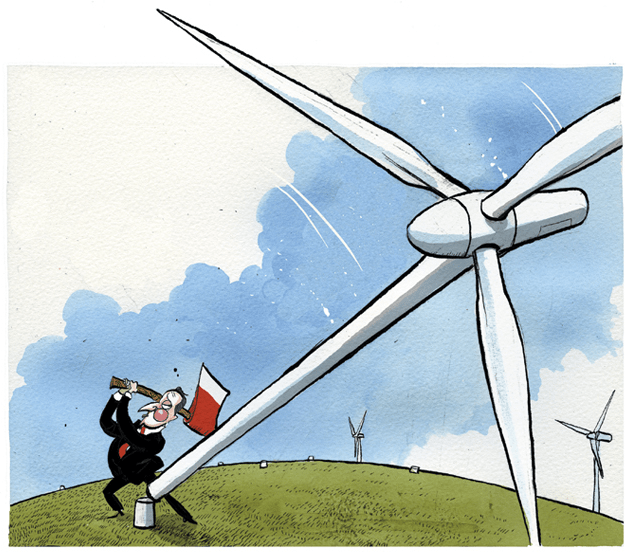 It’s just baffling. The House of Commons committee on energy has today published
a report entitled “UK Energy Supply: Security or Independence?” with hardly a mention of
the 200 trillion cubic feet of Shale gas recently found outside Blackpool. As
Matt Ridley wrote recently in his definitive Spectator piece, these reserves – if
exploited – are “enough to keep the entire British economy going for many decades. And it’s just the first field to have been drilled.”
It’s just baffling. The House of Commons committee on energy has today published
a report entitled “UK Energy Supply: Security or Independence?” with hardly a mention of
the 200 trillion cubic feet of Shale gas recently found outside Blackpool. As
Matt Ridley wrote recently in his definitive Spectator piece, these reserves – if
exploited – are “enough to keep the entire British economy going for many decades. And it’s just the first field to have been drilled.”
It may well be that just a fifth of this are exploitable, but there is no mention of this potentially game-changing discovery in the committee’s report today. Instead, we are told that “is inevitable that the UK will become increasingly reliant on energy imports… New “smart” technology will provide opportunities for energy users to engage in demand side response measures,” – doubtless to the delight of the various companies who will have been lobbying for massive subsidies in this area.
I suspect those same companies will be delighted that our MPs are carrying on as if Shale does not exist. Indeed, it looks like Chris Huhne’s department is doing its best to close down the whole Lancashire experiment on spurious “earthquake” fears.
The irony is that the Committee devoted an entire report to Shale earlier (before the size of the Lancashire Shale was apparent) and trooped off to Blackpool and Texas to investigate. But today’s report suggests it still does not seem to regard Shale as part of the mainstream energy debate. Only in the annex of information submitted to the Committee does one find a reference, the British Geological Survey humbly suggesting that something might be up. “Shale gas, of which Britain may have considerable resources, might be an important guarantee of secure gas supply into the future” it says.
As The Economist says in this week’s issue, the discovery of Shale in Lancashire has uncertain implications but one thing’s for sure – it “undermines the economic logic of the government’s energy policy”. The Committee seems to have just ignored it in today’s report, to keep things tidy. And in so doing, it risks undermining its own relevance in the energy debate.
Last week, I teased the BBC Today Programme for conducting a debate on energy without mentioning Shale. I spoke too soon: the next morning, they had a proper discussion with Lord Lawson and had earlier devoted a documentary to it which I hadn’t heard. Slowly, the pieces are coming together.
P.S. John Pugh, the local Lib Dem MP, tried to put this on the agenda in parliament last week, asking:
Huhne replied:“The Secretary of State may be aware that north of my constituency a find of 200 trillion cubic feet of shale gas has been announced. That will make an enormous difference one way or another if it is genuine. Would he like to comment on that and the difference it might make to prices in future?”
So there are some signs of progress.“If that means cheap gas, then obviously the technological imperative is to go forward with carbon capture and storage so that we can use that gas in an environmentally friendly manner.”







Comments